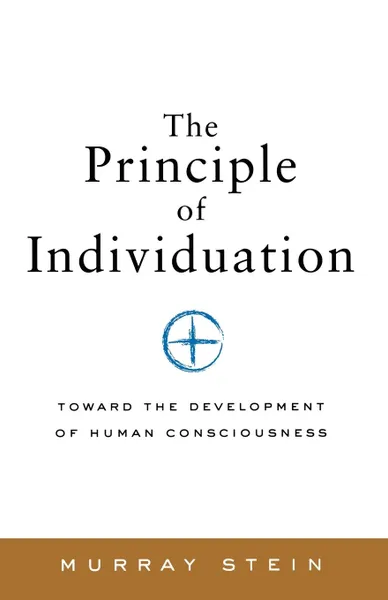The Principle of Individuation. Toward the Development of Human Consciousness 18+
Автор: Murray Stein
250 страниц
Категория: Эзотерика и спиритизм
ISBN: 9781888602371
Язык: Английский
📙 The Principle of Individuation suggests new approaches, on both personal and communal levels, for gaining freedom from the compulsion to repeat endlessly the dysfunctional patterns that have conditioned us. In this concise and contemporary account of the process of individuation, Murray Stein sets out its two basic movements and then examines the central role of numinous experience, the critical importance of initiation, and the unique psychic space required for its unfolding. Using psychological insights from Carl Jung’s writings, from myths and fairytales, and from years of clinical experience, he offers a vivid description of this lifelong and dynamic process that will be useful to clinicians and the general public alike.Stein suggests new approaches—on both personal and communal levels—for gaining freedom from the compulsion to repeat endlessly the dysfunctional patterns that have conditioned us. In this concise and contemporary account of the process of individuation, he sets out its two basic movements and then examines the central role of numinous experience, the critical importance of initiation, and the unique psychic space required for its unfolding. Using psychological insights from C. G. Jung's writings, from myths and fairytales, and from years of clinical experience, Stein offers a vivid description of this lifelong and dynamic process that will be useful to clinicians and the general public alike.As a movement toward the further development of human consciousness in individuals, in cultural traditions, and in international arenas where the relations among diverse cultures have become such a pressing issue today, understanding the principle of individuation has relevance for students and workers in many fields. The principium individuation is a phrase with a long and distinguished history in philosophy, extending from the Middle Ages to Leibniz, Locke, and Schopenhauer. In Jungian psychology, it is brought into the contemporary world as a psychological principle that speaks of the innate human tendency to become distinct and integrated-to become conscious of our purpose, who and what we are, and where we are going.Murray Stein, Ph.D. is a supervising training analyst and former president of The International School of Analytical Psychology in Zurich, Switzerland (ISAP Zurich). His most recent books include Outside Inside and All Around, Minding the Self and The Principle of Individuation. From 2001 to 2004 he was president of the International Association for Analytical Psychology. He lectures internationally on topics related to Analytical Psychology and its applications in the contemporary world. He is publisher emeritus of Chiron Publications and is the focus of many Asheville Jung Center online seminars.d.
Мнения

